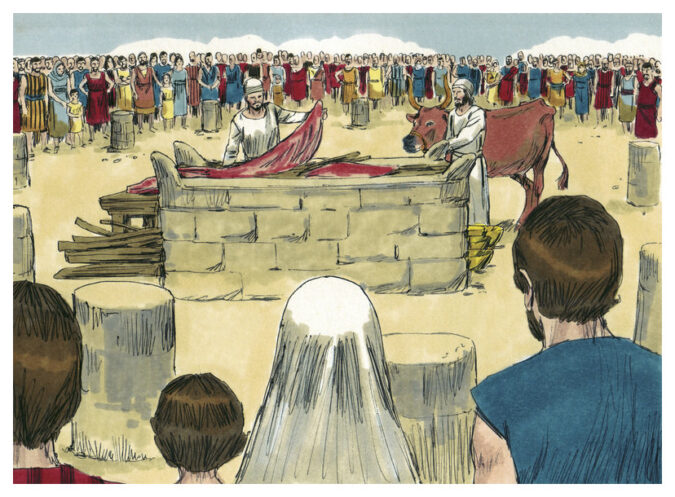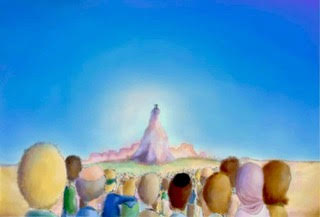Rabbi Adam Ruditsky: Parasha Vayikra
Rabbi Ruditsky raises 3 thoughts on the subject of ritual sacrifice. First, today it is considered barbaric, yet should be viewed within its historical context. Second, what happens when the people could no longer do their ritual sacrifices? Third, we continue to study the texts on ritual sacrifice to achieve the same merit as if we performed the actual sacrifices.










